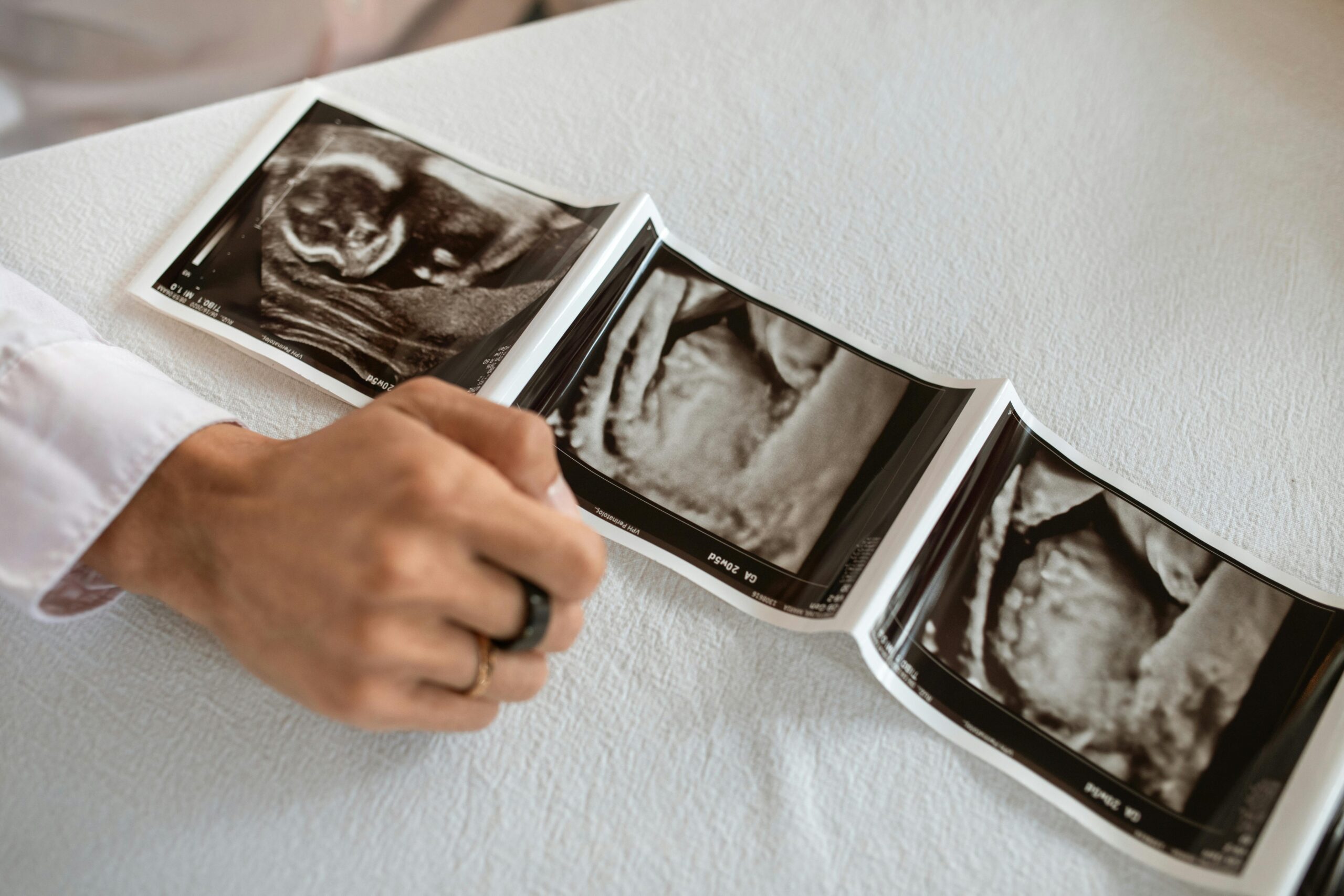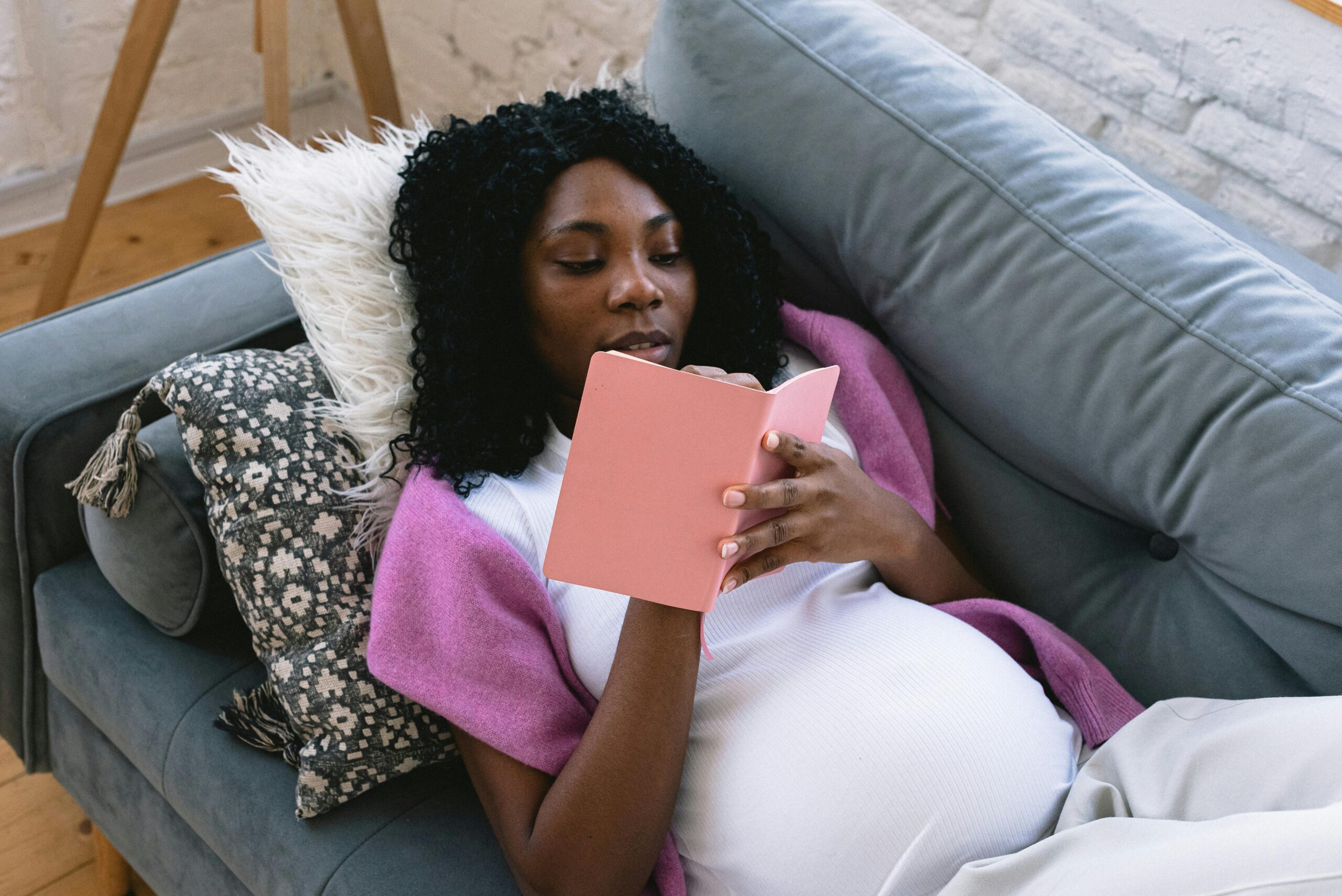Are You Trying to Conceive: Tips That You Should Know.
A family is incomplete without a baby. A baby brings joy, excitement, fun & most importantly brings the family together. So if you are deciding to start a family then The journey to getting pregnant can be full of hope and sometimes a bit of worry. Here’s an easy guide to help you understand how to increase your chances of having a baby.
Thing that we will be discussing in this blog
- Understanding your cycle
- Healthy lifestyle choices
- Timing and Frequency
- when to seek help
- Emotional support
Understanding Your Cycle
Knowing your menstrual cycle is key to knowing the best time to try for a baby. Here’s how to track it:
- Keep a Calendar: Write down the first day of your period each month. This helps you see how long and regular your cycle is.
- Use Ovulation Kits: These kits can help you find out when you are most fertile by detecting a hormone surge before ovulation.
- Check Your Temperature: Take your temperature every morning before getting out of bed. A slight rise can mean you are ovulating.
- Watch Cervical Mucus: Your mucus changes during your cycle. When it’s clear and stretchy, like egg whites, you are most fertile.
Healthy Lifestyle Choices
Your health can affect your chances of getting pregnant. Here are some tips:
- Maintain a Healthy Weight: Being too thin or too heavy can make it harder to get pregnant. Eat well and exercise regularly.
- Avoid Smoking and Limit Alcohol: These can reduce fertility for both men and women.
- Take Prenatal Vitamins: Folic acid and other vitamins help get your body ready for pregnancy.
- Manage Stress: High stress can affect ovulation. Try yoga, meditation, or hobbies you enjoy to relax.
- Drink Water: Staying hydrated is important for your overall health and fertility.
Timing and Frequency
To increase your chances of getting pregnant, timing and how often you have sex matter:
- Regular Intercourse: Have sex every 2-3 days throughout your cycle to ensure sperm are available when you ovulate.
- Focus on the Fertile Window: The fertile window is usually 5 days before and the day of ovulation. Having sex during this time gives you the best chance of getting pregnant.
When to Seek Help
If you’ve been trying to get pregnant without success, it might be time to talk to a doctor:
- Under 35 Years Old: See a doctor if you’ve been trying for a year or more.
- Over 35 Years Old: See a doctor if you’ve been trying for six months or more.
- Health Conditions: If you have irregular periods, endometriosis, or other reproductive issues, consult a doctor sooner.
Emotional Support
Trying to conceive can be an emotional journey. Here’s how to take care of your feelings:
- Talk Openly: Share your feelings and concerns with your partner.
- Join Support Groups: Connecting with others who are trying to conceive can provide comfort.
- Seek Counseling: If the process feels overwhelming, talking to a therapist can help.
Trying to conceive is different for every couple. While it can be challenging, remember there are many things you can do to help. By understanding your cycle, making healthy choices, and seeking help when needed, you can increase your chances of having a baby. Stay positive, take care of yourself, and enjoy this special time filled with hope and anticipation for the future.
Welcome to A Mug Of Coffee
I am a mom with a young child, and I love coffee. Being a new mom was really hard, and I went through a lot. That’s why I created a special coffee to help other pregnant women, those trying to get pregnant, and new moms who are struggling. I love coffee so much that I’ve done a lot of research on it and can talk about it for hours. Whether you’re a mom or just love coffee, I think you’ll find something you like. Enjoy!







